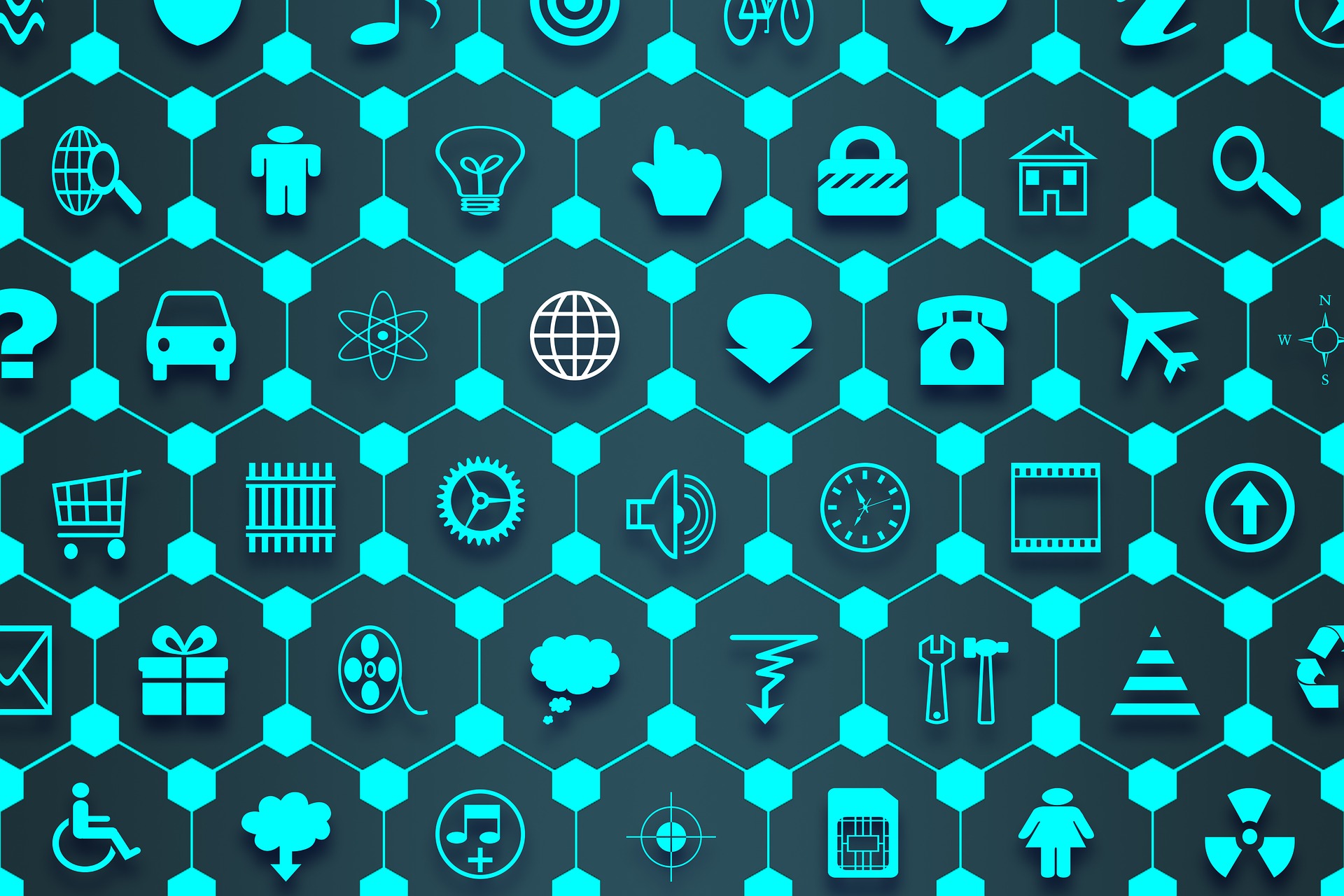Role of Modern Technology in Agriculture
Modern technology has played a significant role in shaping the agriculture industry in recent years. From precision agriculture to autonomous machines, these technologies have the potential to increase efficiency, productivity, and sustainability while reducing costs and environmental impact.
One of the most important technologies in modern agriculture is precision agriculture. This approach uses a combination of technologies such as GPS, sensors, and drones to collect data on crop growth, soil conditions, and weather patterns. This data is then analyzed using big data and AI techniques to create detailed maps of the farm and optimize planting, fertilization, and harvesting. Precision agriculture can help farmers to increase yields, reduce waste, and decrease the use of water and other resources.
Another important technology in modern agriculture is the use of autonomous tractors and other farm equipment. These machines are equipped with sensors and cameras that allow them to navigate and perform tasks on the farm without human intervention, reducing labor costs and improving efficiency. Autonomous machines can also be used for precision livestock farming, which uses sensors, cameras, and other technologies to monitor and control the health and growth of livestock.
Vertical farming is also a key technology in modern agriculture. This approach involves growing crops in stacked layers in controlled environments, such as greenhouses or warehouses. Vertical farming allows farmers to grow crops year-round, regardless of the weather outside. It also enables farmers to control the temperature, humidity, and lighting to optimize crop growth. This can help to increase yields, reduce water and energy use, and decrease the use of pesticides.
Modern technology is also being used to improve sustainable farming practices. This includes the use of precision agriculture, agroforestry, and other sustainable farming practices. These approaches can help to reduce the environmental impact of agriculture, improve soil health, and increase biodiversity.
The use of modern technology in agriculture has the potential to revolutionize the way farming is done today. However, there are also some challenges that need to be addressed. For example, the lack of standardization in precision agriculture can make it difficult for farmers to compare data from different sources. Additionally, the high costs of implementation can be a barrier for small and medium-sized farmers. The high investment in technology might also cause changes to the workforce and the skills needed for the job.
In conclusion, modern technology has played a significant role in shaping the agriculture industry in recent years. From precision agriculture to autonomous machines, these technologies have the potential to increase efficiency, productivity, and sustainability while reducing costs and environmental impact. However, it's important to consider the challenges that need to be addressed for the successful implementation of these technologies.



